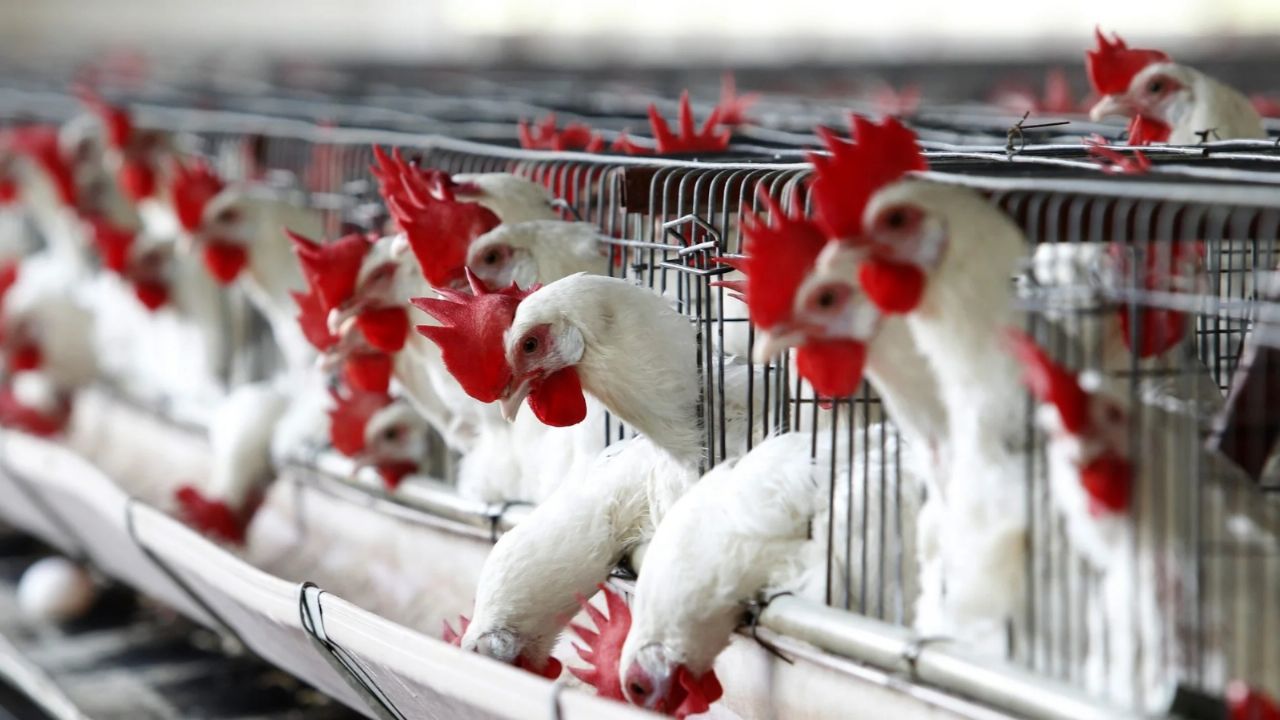The National Agri-Food Health and Quality Service (Senasa) is under alert due to the declaration of health emergency by bird fluin the department of Cochabamba, Bolivia.
Although the agency notified that, for now, any type of border closure due to the fluYes, measures will be taken to prevent cases of bird flu in the country.
This, given that the department of Cochabamba, the place where the cases of bird flu in Bolivia, it is only 800 kilometers from the border with Salta.
For this reason, Senasa notified that Epidemiological surveillance controls will be strengthened to prevent the entry of influenza into the countryas the virus spreads rapidly.

Inspections will be redoubled, especially in the northern part of the country, which includes Salta, Jujuy, Chaco and Formosa, for which specialized agents from its National Directorate of Animal Health and from other regions will be mobilized to the offices located on the border with Bolivia. .
In addition, awareness campaigns will be launched so that citizens are well informed, particularly the productive sector, which will also be asked to report in a timely manner if any animal shows signs associated with the virus.

Symptoms include lack of appetite, coughing, wheezing, diarrhea, swelling around the head, neck, and eyes, as well as bruising around the head and feet. It should be remembered that influenza especially affects wild and poultry birds, such as chickens, and that it is transmitted by contact with the feces or secretions of an infected animal.
In Bolivia they had to sacrifice more than 140 thousand chickens
Due to the high level of transmission of the illness, In Bolivia they had to slaughter 142,000 chickens in recent weeks to prevent the spread of the virus after four outbreaks occurred in the center of the country.

As a result, the National Agricultural Health and Food Safety Service (SENASAG) of Bolivia reported that “the birds were removed, which were then buried for sanitary preservation, cleaning and disinfection.” He also declared a health emergency.
In the case of Argentina, suspected cases can be reported at the Senasa offices, either in person or by phone. Also through the “Senasa Notifications” app, available in the Play Store; by email [email protected] or through the website, in the section “Notify Senasa”.


















